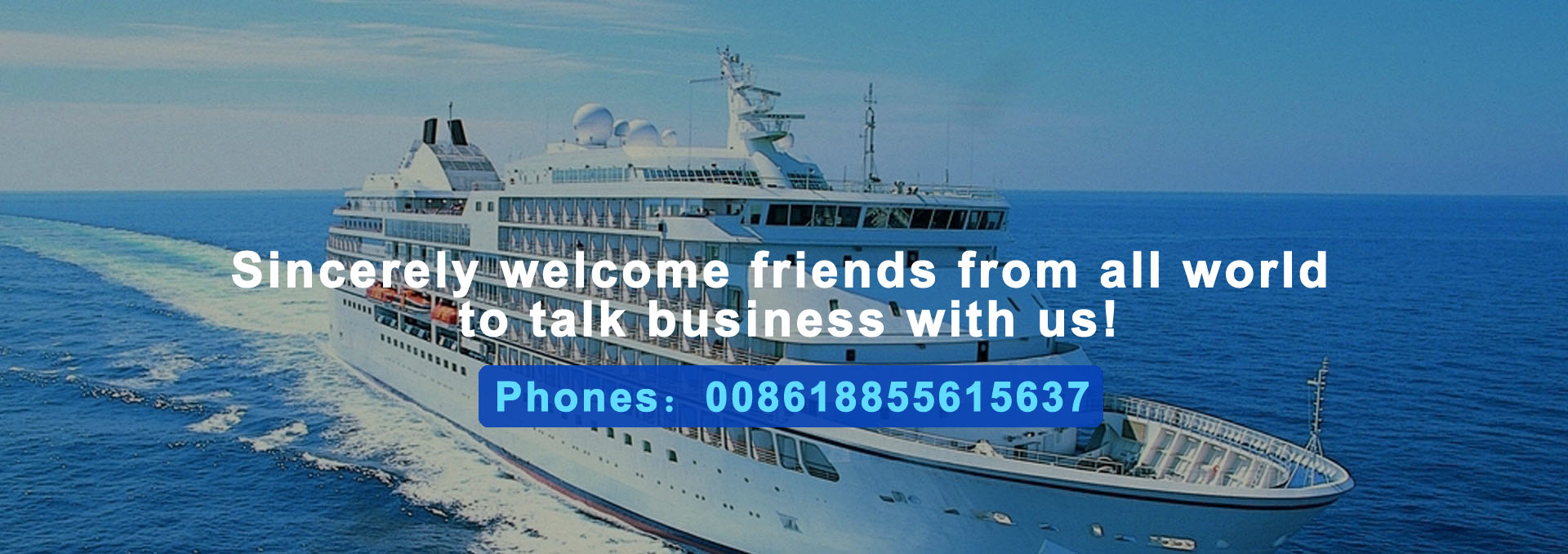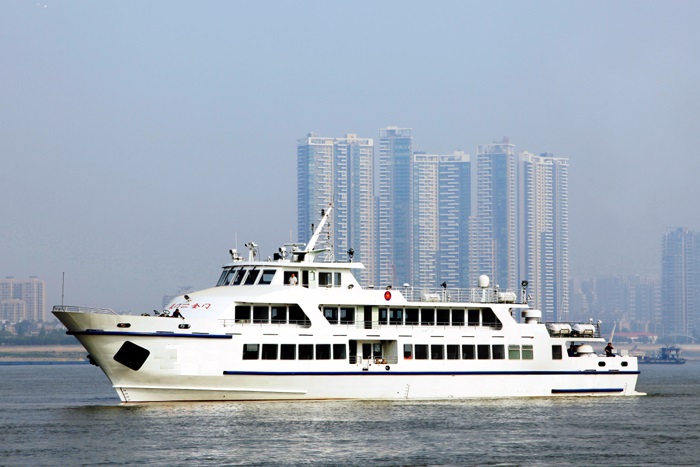BLOG
15 Shipbuilding News to Watch in 2024
The shipbuilding industry is a vital part of global trade and transportation. As we sail into 2024, there are several noteworthy developments and trends to keep an eye on. This article covers the top 15 shipbuilding news stories of 2024, highlighting significant technological advancements, industry shifts, and major projects. We will also provide answers to some frequently asked questions and include a detailed comparison table for easy reference.
Technological Advancements in Shipbuilding
1. Adoption of Autonomous Vessels
Autonomous ships are becoming a reality with advances in AI and robotics. Several companies are testing and deploying vessels that can operate without a crew, promising increased efficiency and safety.
2. Green Ship Technology
The push for sustainability has led to innovations in green ship technology. This includes the use of alternative fuels like LNG and hydrogen, as well as advancements in battery storage and energy efficiency.
3. 3D Printing in Shipbuilding
3D printing technology is revolutionizing shipbuilding by enabling the rapid production of parts and components. This reduces costs and time, allowing for more flexible and efficient manufacturing processes.
Major Industry Shifts
4. Consolidation in the Shipbuilding Sector
Mergers and acquisitions are reshaping the shipbuilding landscape. Large firms are acquiring smaller companies to expand their capabilities and market reach.
5. Increased Investment in R&D
Shipbuilders are investing heavily in research and development to stay competitive. This includes developing new materials, propulsion systems, and design techniques.
6. Focus on Digitalization
Digital transformation is a key focus for shipbuilders. Implementing digital twins, IoT, and advanced analytics is enhancing the design, construction, and maintenance of ships.
Significant Projects and Orders
7. New Megaships for Global Trade
Several shipbuilders have announced contracts for new megaships designed to handle the increasing volume of global trade. These vessels are larger, more efficient, and equipped with the latest technology.
8. Expansion of Cruise Ship Fleets
The cruise industry is recovering and expanding its fleets with new, luxurious ships. These vessels feature advanced amenities and are designed for enhanced passenger comfort and safety.
9. Development of Specialized Vessels
There is a growing demand for specialized vessels, such as LNG carriers and offshore support ships. These projects are driving innovation and growth in the sector.
Environmental and Regulatory Changes
10. Stricter Emission Regulations
New international regulations are being implemented to reduce emissions from ships. This is driving the adoption of cleaner technologies and fuels.
11. Sustainable Ship Recycling Practices
The industry is focusing on sustainable ship recycling to minimize environmental impact. This involves developing safe and efficient methods for dismantling and recycling old vessels.
12. Implementation of Ballast Water Management Systems
To prevent the spread of invasive species, ships are now required to install ballast water management systems. This is a significant investment but crucial for environmental protection.
Industry Challenges and Opportunities
13. Supply Chain Disruptions
The global supply chain has faced disruptions, impacting the availability of materials and components. Shipbuilders are adapting by diversifying suppliers and increasing inventory levels.
14. Rising Costs and Pricing Pressures
The cost of raw materials and labor is rising, putting pressure on shipbuilders’ margins. Companies are finding ways to optimize operations and manage costs.
15. Emerging Markets
Emerging markets are offering new opportunities for shipbuilders. Regions like Southeast Asia and Africa are seeing increased demand for new ships to support economic growth.
Comparison Table
| News Item | Key Details |
|---|---|
| Adoption of Autonomous Vessels | AI and robotics are enabling crewless operations. |
| Green Ship Technology | Focus on alternative fuels and energy efficiency. |
| 3D Printing in Shipbuilding | Rapid production of parts reducing costs and time. |
| Consolidation in the Sector | Mergers and acquisitions expanding capabilities. |
| Increased Investment in R&D | New materials, propulsion systems, and design techniques. |
| Focus on Digitalization | Digital twins, IoT, and analytics enhancing processes. |
| New Megaships | Larger, more efficient vessels for global trade. |
| Expansion of Cruise Fleets | New luxurious ships with advanced amenities. |
| Development of Specialized Vessels | Growing demand for LNG carriers and offshore support ships. |
| Stricter Emission Regulations | Adoption of cleaner technologies and fuels. |
| Sustainable Ship Recycling | Safe and efficient recycling methods. |
| Ballast Water Management Systems | Preventing the spread of invasive species. |
| Supply Chain Disruptions | Diversifying suppliers and increasing inventory. |
| Rising Costs and Pricing Pressures | Optimizing operations to manage costs. |
| Emerging Markets | Increased demand in Southeast Asia and Africa. |
Ads: Enhance Your Shipbuilding Experience

Peida Machinery Group Co. ,Ltd.
- Peida Machinery Group Co., Ltd.: Specializing in the design, development, manufacture, and sales of truck-mounted cranes. Our products include folding and telescopic boom truck-mounted cranes, marine cranes, pickup cranes, and more. Visit us in China’s Yangtze golden waterway region for quality and innovative shipbuilding solutions.
Common FAQs
1. What are the benefits of autonomous vessels?
Autonomous vessels can operate without a crew, reducing labor costs and human error. They offer increased efficiency, safety, and the ability to operate continuously without breaks.
2. How is green technology being implemented in shipbuilding?
Green technology in shipbuilding includes the use of alternative fuels like LNG and hydrogen, energy-efficient designs, and advancements in battery storage. These innovations help reduce emissions and environmental impact.
3. What challenges does the shipbuilding industry face with supply chain disruptions?
Supply chain disruptions can lead to delays in receiving materials and components, increasing production costs and timelines. Shipbuilders are addressing this by diversifying suppliers, increasing inventory levels, and finding alternative materials.
In conclusion, the shipbuilding industry is experiencing significant advancements and shifts in 2024. From technological innovations to environmental regulations, these changes are shaping the future of shipbuilding. Staying informed about these developments is crucial for industry professionals and enthusiasts alike.
BLOG
News
Contact Us
Contact: Peida Machinery Group Co. ,Ltd.
E-mail: info@peidaship.com
Tel: 0086 0556 5248992
Phone: 008618855615637
Add: City Anqing, Anhui Province
